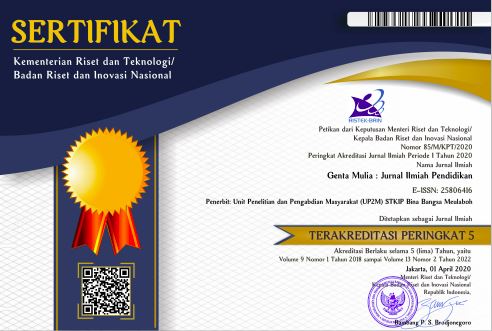PENGARUH PROFESIONALISME KERJA TERHADAP KUALITAS PELAYANAN PUBLIK DENGAN VARIABEL PEMODERASI INSENTIF DI KANTOR CAMAT MEDAN AMPLAS KOTA MEDAN
Keywords:
Service Quality, Work Loyalty, Work SpiritAbstract
The quality of public services to the community is the level of achievement and goals within the organization. The public at all times always demands quality public services from the government even though these demands do not meet expectations. Empirically, the public services currently available are still characterized by being complicated, slow, expensive and tiring. This tendency occurs because society is still positioned as the party serving, not the one being served. An employee must have knowledge and insight about how to ensure that the quality of public services provided to the community is professional and responsible. The quality of public services is supported by service infrastructure such as information system data management. When the moderating variable, namely incentives, is included in the analysis of the influence of the work professionalism variable on the quality of public services, it increases to 76.9%. It can be seen from the F test (simultaneous), this shows that incentives increase the positive influence of work professionalism on the quality of public services. The incentive dimension includes material incentives and non-material incentives. Therefore, it is important for agencies to pay attention to factors that can support employee morale and work motivation to improve the quality of public services. namely by providing incentives in both material and non-material form to employees. Apart from that, the dimensions of public service quality include responsiveness, reliability, assurance, attention and physicality, which also shows that these factors can be motivation and influence in improving the quality of public services.






